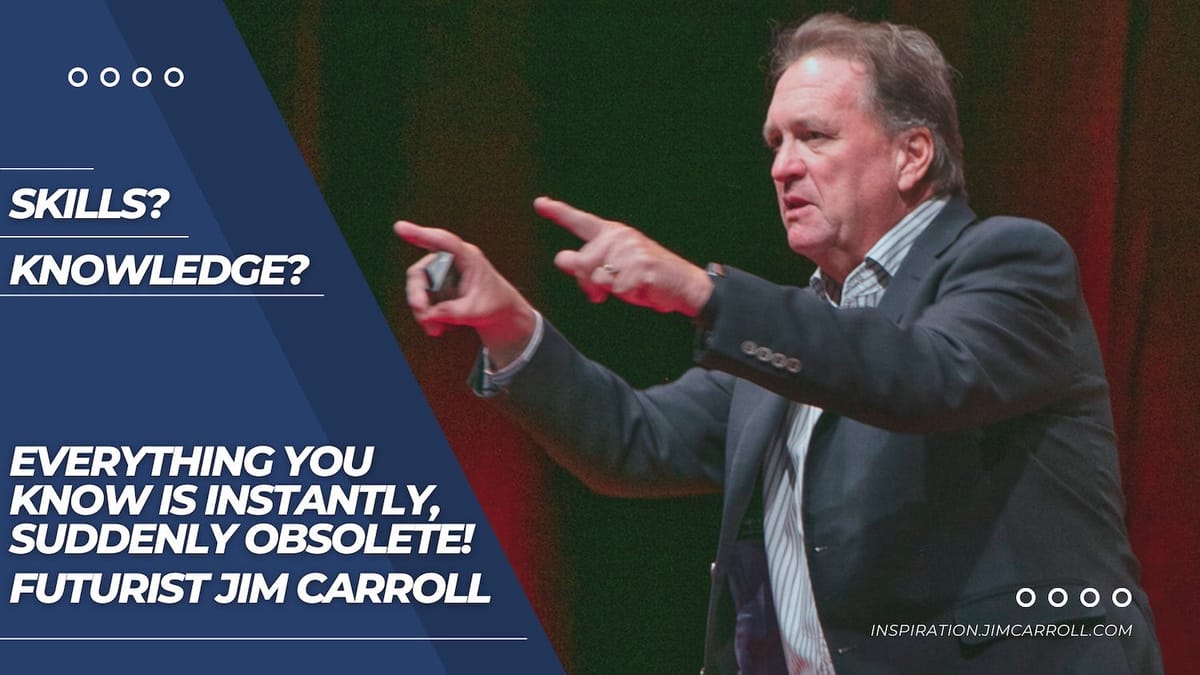Let's consider skills and knowledge.
I purchased one of the very first internet-enabled thermostats almost two decades ago, long before they became mainstream as Nest or ecobee devices. I always took great delight in telling the story on stage when my HVAC contractor came into our house for the installation, looked at it, and said "Wow, this is kind of complicated. I can do the wiring that goes into the air conditioner and the furnace, but this Ethernet stuff, this computer stuff, I have no idea what to do with it."
And I said, "That's okay. My 12-year-old will do the Ethernet wiring," and he did.
Think about what has happened here. That HVAC contractor, all of a sudden - the knowledge that he or she needs to know to do his or her job has forever changed! The industry has become so complex, with so much new knowledge with new devices, new technologies, new concepts, and new forms of home installation to support (wind, solar, local microgrids, batteries) that simply knowing how to install a two-pair wire into a thermostat is no longer enough.
I tell the story on stage here:
The reality is that we are in a world of faster knowledge obsolescence and the rapid emergence of new knowledge. Everything you know today will be replaced by something new tomorrow.
This type of reality is occurring in every industry. A truck today contains more technology than a typical Cessna airplane. The volume of knowledge for any healthcare worker is now doubling every 78 days. The typical machinist almost needs to be able to do trigonometry in their heads, according to one robotics manufacturer. An auto mechanic today is essentially a hi-tech computer repair technician. We are in a world in which the knowledge that is required in any industry is changing at a furious pace - Mercedes-Benz is investing a billion dollars to get insight and capabilities into battery science, battery technology, electric vehicle tech, and self-driving concepts.
How do we respond to a world in which everything is going out of date faster than ever before, being supplanted and enhanced by new knowledge?
At a personal level, make sure you are learning for a living. If you aren't learning, you aren't living.
And at a corporate level, expand your knowledge assets. We are in a world in which organizations and industries are establishing external ecosystems to help them put in place the knowledge and skills and capabilities to take themselves into a faster future. This includes the use of tools to access small pools of niche knowledge, external knowledge partnerships, and "complexity partnerships."
Everything you know is becoming obsolete - and so replenish your knowledge faster.

